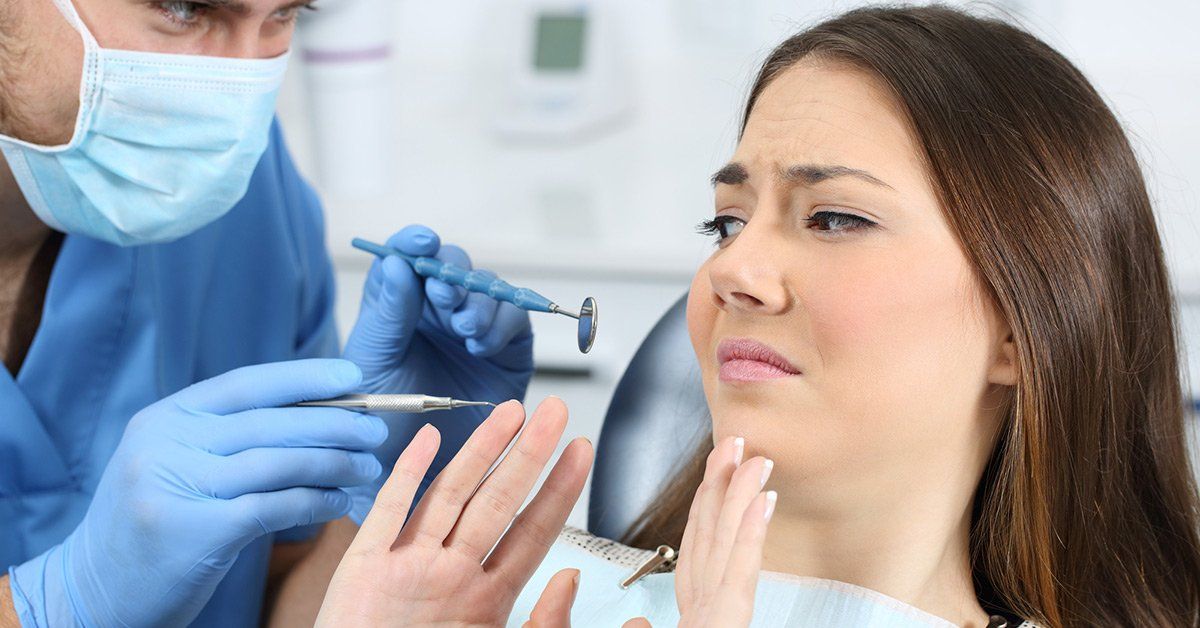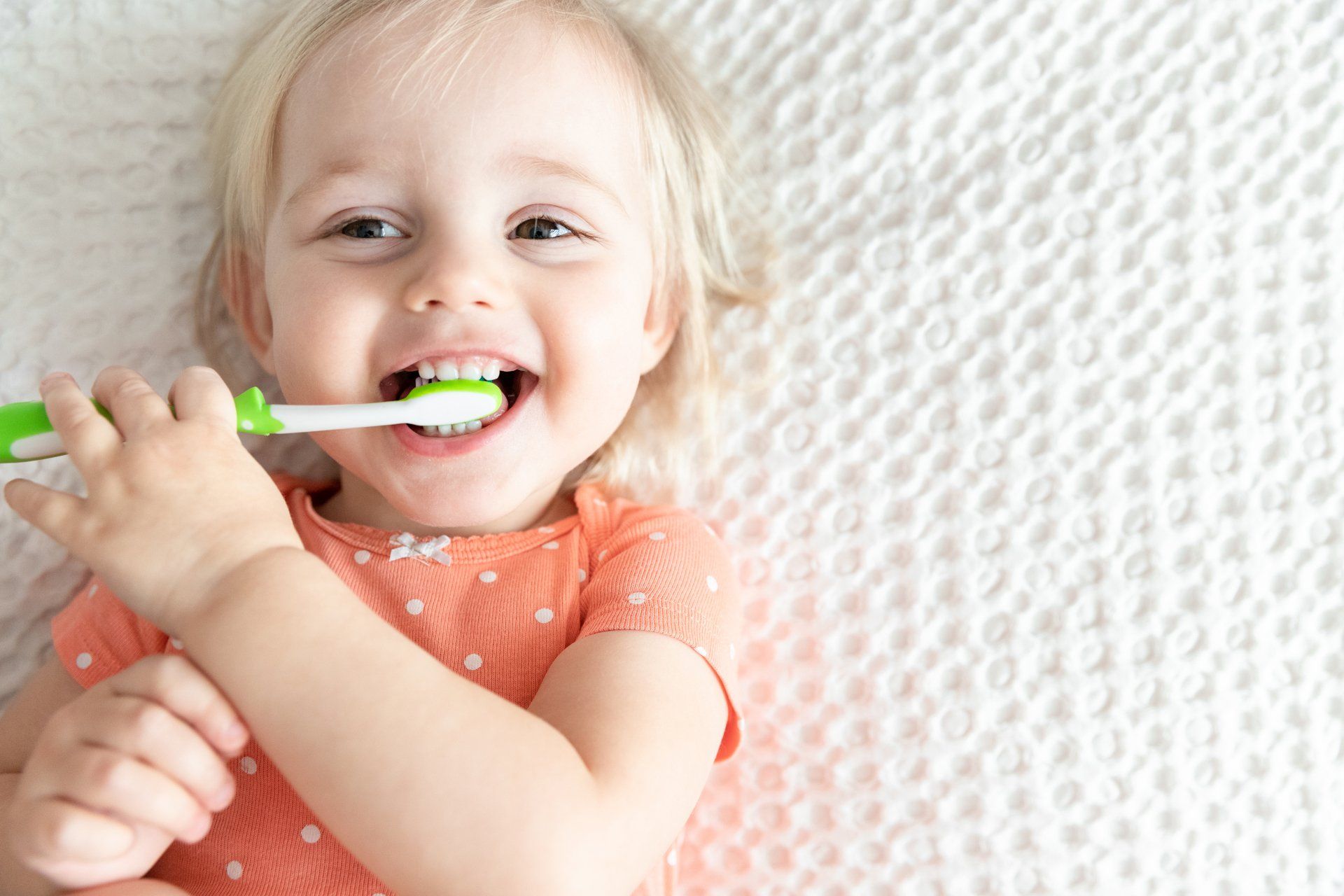 DO YOU EVER
cringe when you watch someone bite into ice cream? Are you sometimes fearful of that first sip of hot tea? Many people have sensitive teeth, you’re not alone. Tooth sensitivity is one of the most common complaints we hear about!
DO YOU EVER
cringe when you watch someone bite into ice cream? Are you sometimes fearful of that first sip of hot tea? Many people have sensitive teeth, you’re not alone. Tooth sensitivity is one of the most common complaints we hear about!
Teeth Feel Sensitive When Nerves Are Exposed
On the outside of each tooth is a protective layer of enamel. Over time, the enamel can wear away leaving an inner layer, called the dentin, exposed. This occurs due to normal wear and tear, poor dental hygiene or certain lifestyle choices.
Dentin contains fluid-filled tubules that reach into the innermost part of the tooth where all the nerves reside. Because the nerves inside the tooth are exposed when the enamel is eroded away, sensitivity is the result.
Another form of tooth sensitivity develops when gum recession leaves the root of the tooth exposed to food, drink and air.
Desensitizing Toothpaste Can Help
Desensitizing toothpastes are a great way to ease tooth sensitivity. Many of our patients ask us how these toothpastes actually work! It’s simple: they are specially formulated to either block the tubules in the dentin, protecting the nerves in the tooth from exposure, or numb your teeth, in a manner of speaking, so you don’t register the pain of sensitivity.



